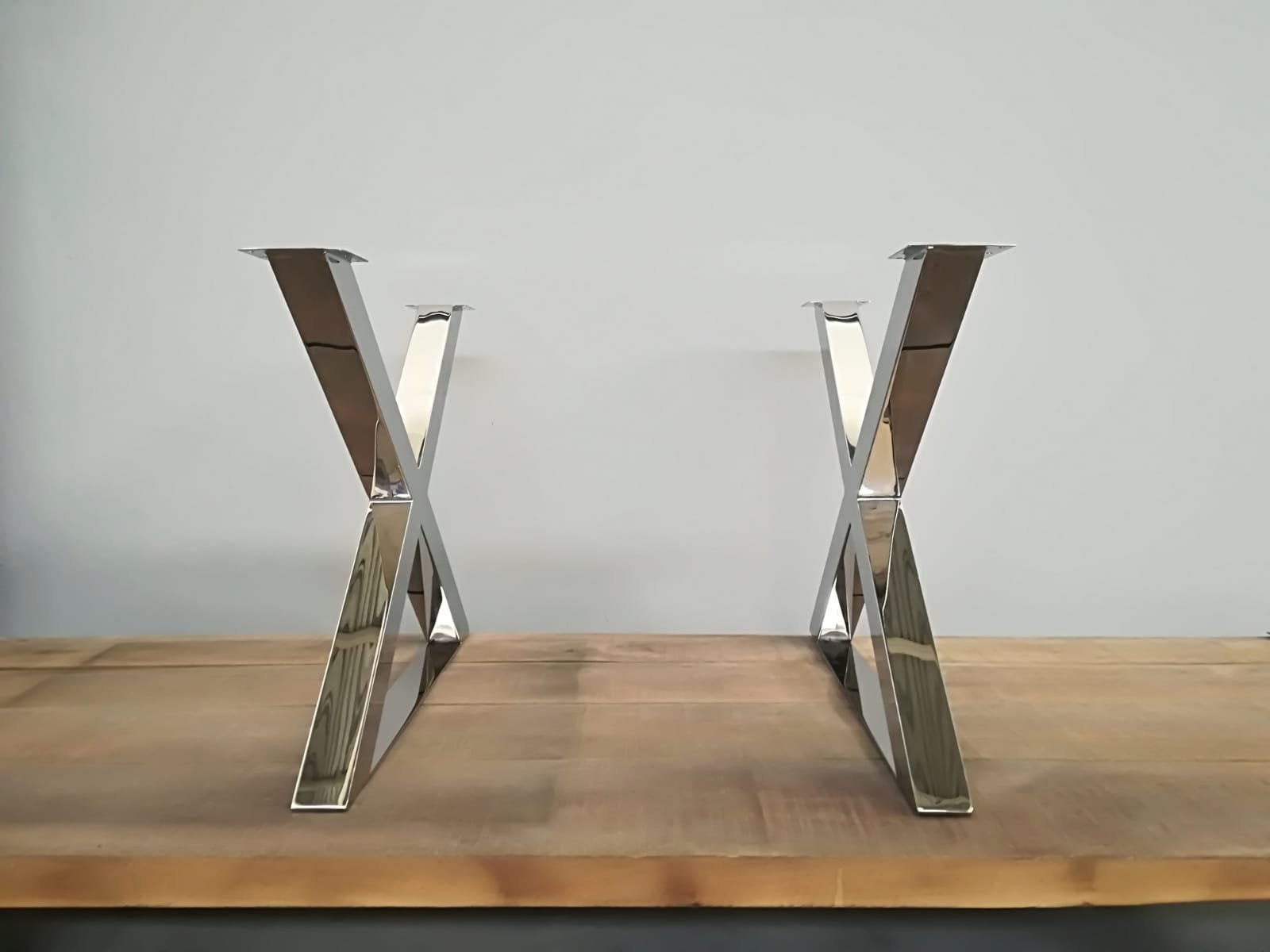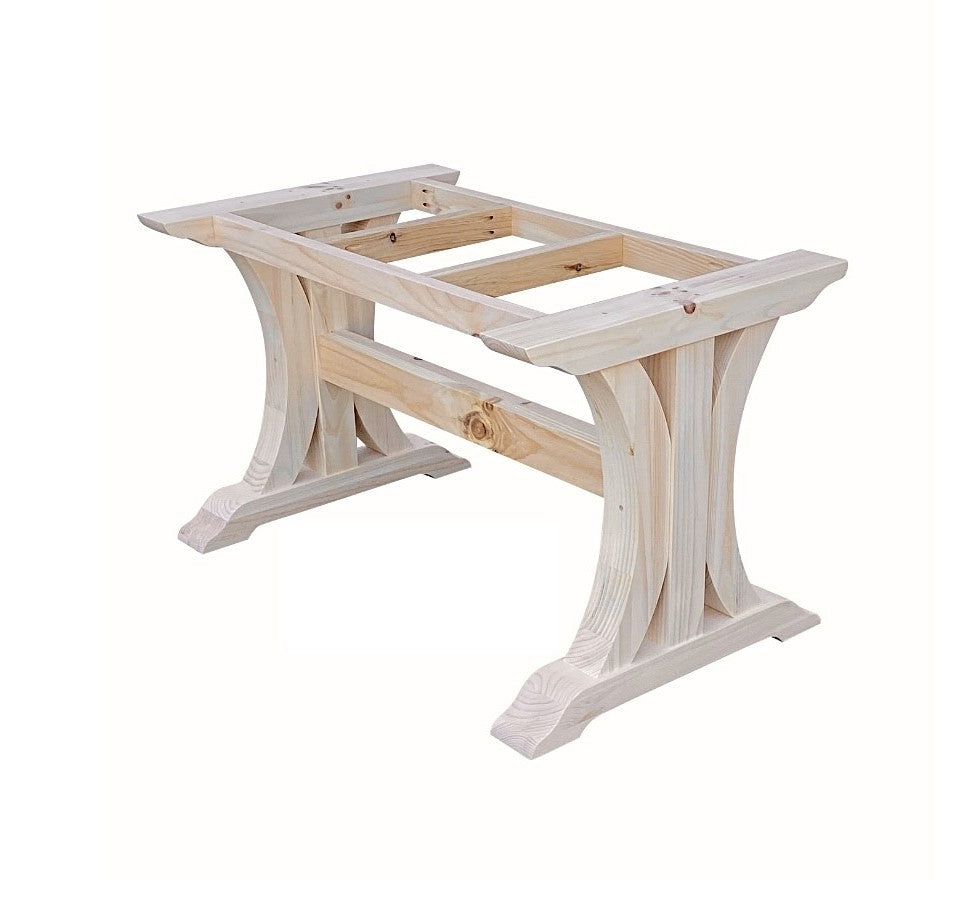How Dining Room Table Legs Can Change the Entire Aesthetic of Your Room
How Dining Room Table Legs Can Change the Entire Aesthetic of Your Room
Blog Article
Professional Tips for Setting Up Dining Room Table Legs for Maximum Security
When it comes to setting up dining area table legs, attaining maximum security is critical for both performance and aesthetics. What specific techniques can improve stability also better?
Choose the Right Legs
When choosing the appropriate legs for your dining space table, it is necessary to take into consideration both functionality and aesthetics. The legs you select will dramatically affect the general layout and stability of the table. Evaluate the table's meant usage; if you expect frequent gatherings, tougher legs, such as those made from solid timber or steel, might be more ideal, as they offer enhanced toughness and support.
Typical eating tables usually vary from 28 to 30 inches in elevation, so make sure the legs align with this requirement for convenience. Conical legs can include a modern touch, while turned legs might convey a more traditional aesthetic.

Select Appropriate Hardware
How can the appropriate equipment boost the security and durability of your dining area table? The option of proper hardware is important to ensuring that the legs of your table are firmly connected and able to withstand routine use. High-grade screws, bolts, and braces offer the essential strength to support the weight of the table, as well as any kind of added loads placed upon it throughout events or dishes.
When picking screws, go with those made from long lasting materials such as stainless-steel or brass, which stand up to corrosion and maintain integrity over time. The length of the screws is equally important; they should penetrate deeply into the table's structure without compromising stability. For bolted links, take into consideration utilizing lock washing machines to avoid loosening because of resonance or activity.
Furthermore, making use of corner braces can add additional assistance, especially for bigger tables or those with much heavier tops. These brackets distribute weight evenly and assist keep the table's shape. Guaranteeing that the equipment you pick is ideal for the particular products of your table will certainly better boost its total stability and longevity, allowing you to enjoy your eating experience for many years to find.
Ensure Proper Alignment
Correct placement of dining space table legs is essential for both aesthetic allure and practical security. To accomplish optimum alignment, begin by determining the range from the table's edges to the leg accessory points.
Use a level during setup to confirm that each leg is perpendicular to the tabletop. It is advisable to note the wanted leg settings on the underside of the table with a pencil or concealing tape prior to securing them.
Moreover, double-check the placement after the initial screws are tightened up, as changes might be required before completely securing the equipment. By focusing on appropriate alignment, you not just improve the table's general style yet likewise ensure that it stays useful and secure for several years to come.

Take Into Consideration Weight Circulation
After ensuring proper placement of the eating area table legs, it is necessary to consider weight circulation to enhance security and functionality. dining room table legs. Proper weight distribution is vital in avoiding ensuring and wobbling that the table can sustain its intended load without threat of tipping or falling down
When placing the legs, ensure they are put at equal ranges from the facility of the table to evenly distribute the weight across the framework. Think about the weight of the table top and any type of items that will often hinge on it, such as tabletop home appliances or decorative pieces. Tables with heavier surface areas ought to preferably have legs positioned closer to the corners, as this optimizes the base of assistance and decreases the risk of instability.
Furthermore, if the table is meant for use in a high-traffic location, consider utilizing larger materials for the legs or adding stabilizing components, such as cross-bracing or a lower rack - dining room table legs. These modifications can aid maintain balance and protect against changing Bonuses during usage. Ultimately, a well-considered weight distribution strategy will substantially improve the table's general webpage efficiency, guaranteeing it continues to be a attractive and useful focal point for your eating room
Examination Stability Prior To Usage
Checking the security of the dining area table prior to use is a vital action that should not be overlooked. Making certain that the table is secure and secure can protect against crashes and lengthen the life-span of the furnishings. Begin by using gentle pressure to different points on the table surface. Press down on the facility and then along the sides, observing any type of wobbling or moving. If the table shows instability, recognize the legs or joints that might need modification.
Following, inspect that all bolts and screws are tightened up effectively. Loose connections can lead to instability and possible damage over time. If required, use wood glue on joints to enhance security, guaranteeing to enable appropriate drying out time.

Final Thought
In verdict, the setup of dining-room table legs requires mindful consideration of materials, weight, placement, and equipment distribution to attain maximum look at this now stability. By choosing strong legs and premium fasteners, making sure accurate alignment, and distributing weight equally, the architectural stability of the table can be considerably boosted. Conducting a security examination before normal use better ensures that the table will stand up to daily stress, consequently providing a reputable and risk-free eating experience.
When it comes to setting up eating space table legs, attaining maximum stability is extremely important for both functionality and looks. The legs you select will substantially impact the general layout and stability of the table (dining room table legs). Typical dining tables generally vary from 28 to 30 inches in height, so make certain the legs straighten with this criterion for convenience.Appropriate placement of eating area table legs is essential for both aesthetic appeal and useful stability.In conclusion, the installation of dining space table legs calls for cautious factor to consider of materials, weight, equipment, and placement distribution to accomplish optimum stability
Report this page